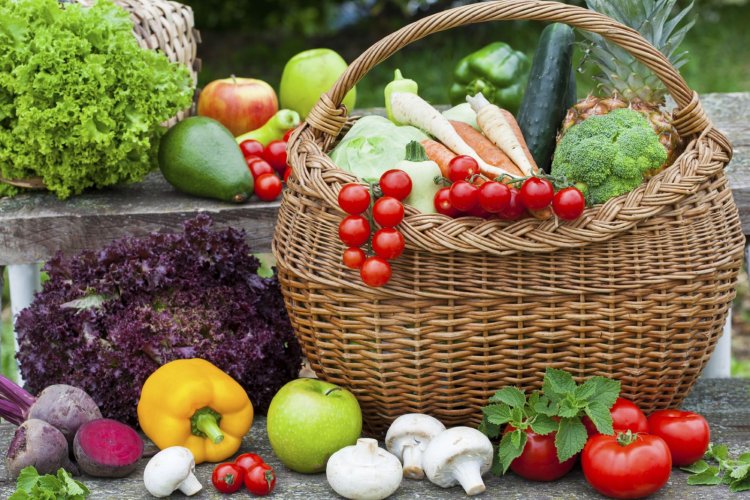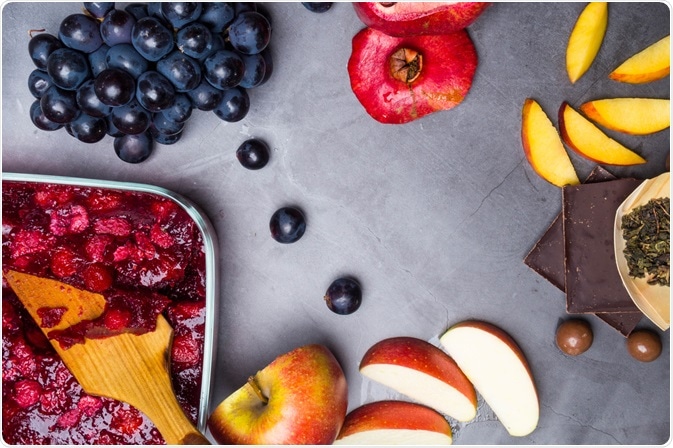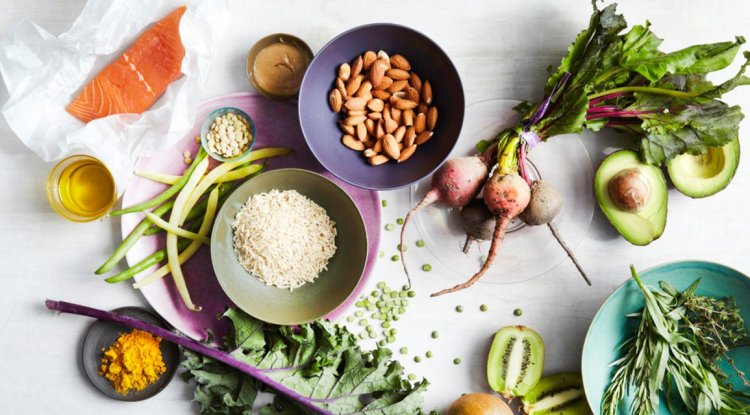Do Certain Fruits Have Better Health Than Others? A Practical Guide to Selecting, Consuming, and Enjoying Nature's Sweets
Every grocery shop in the United States is a rainbow of color, with aisles of crisp, ruby-red apples, stacks of blushing peaches, and citrus suns popping out of their boxes. Despite the abundance of options available to us, the issue still remains: are some fruits truly healthier than others?

As the "five a day" cliché continues to reverberate in our brains, it is time to examine what we are truly eating—and how—by peeling back the layers.
Fruit Is Not Universally Applicable
Fruits have personalities, much as people. Some are nourishing and high in fiber, while others are extremely sweet and easy to consume in excess. When opposed to fruit juice, which can contain a surprisingly high quantity of sugar per cup, whole fruits are typically the true MVPs. Yes, even juice that is 100% pure. Although juice is not bad for you, experts advise consuming no more than 4 to 8 ounces each day. Consider it an occasional treat rather than your go-to source of hydration.
On the other hand, whole fruits provide everything: water to keep you hydrated, fiber to aid with digestion, and that delicious chew that lets your brain know you are eating something substantial.
Does It Matter If It is Fresh, Frozen, or Dried?
Indeed, but not in the manner you might expect.
Unappreciated treasures are frozen fruits. They are inexpensive, year-round, and usually plucked at their ripest and flash-frozen to preserve nutrients. Additionally, they are frequently pre-sliced, which simplifies baking and smoothies. The key? Choose variants that do not have added sugar.
Dried fruits, such as figs, apricots, and raisins, are deliciously portable and high in nutrients. But watch out—they can also be sugar bombs in disguise and are high in calories. In order to counteract their acidity, mango, pineapple, and particularly cranberries frequently have additional sugars. Because of their small size and powerful sweetness, these are easy to over-snack on, so always read the label and consume them in moderation.
Although it is normally safe, sulfur dioxide, a preservative used to keep dried fruits appearing bright and fresh, might cause problems for those who have asthma or other allergies. If you are worried, keep an eye out because it is mentioned on the packaging.
The Question of Organic: Is It Valuable?
The difference between conventional and organic fertilizers is negligible. Nevertheless, some people like organic fruits because they are worried about pesticides and their effects on the environment. If you are not sure which fruits to buy organic, you might want to look at the Environmental Working Group's Clean Fifteen and Dirty Dozen lists.
Whichever you decide, make sure to thoroughly wash all of your produce, including the peel-you-don't-eat varieties (we are talking about you, melon lovers).
Fruits That Go Above and Beyond: Presenting Flavonoids
Flavonoids would be the hidden weapon of fruits if they had superpowers. varied fruits contain varied levels of these naturally occurring chemicals, which are strong antioxidants that help shield your body from inflammation and oxidative stress.
Flavanones are abundant in citrus fruits, such as grapefruits and oranges.
Anthocyanidins, the substances that give berries their rich jewel tones, are abundant in berries, particularly blueberries, blackberries, cranberries, and cherries.
Consuming a range of fruits high in flavonoids may help lower the risk of chronic disease over time, improve blood sugar regulation, and promote heart health.
Which Fruit Is the Best to Eat?
The truthful response? One ideal fruit does not exist. Each has a unique flavor, texture, nutritional profile, and advantage. Put as many different varieties and colors as you can on your plate (or bowl), including tropical, tangy, crisp, juicy, fibrous, and everything in between.
An excellent general rule is:
Most folks drink two cups a day.
Give wholeness precedence over juice.
Purchase what is in season because it is typically more nutrient-dense, cheaper, and tastier.
Above all, have fun with the experience.
Take your time and enjoy your fruit. As you chew, take note of the flavor notes, smell it, and feel its texture. Fruit is one of the simplest pleasures in life, therefore eating it should not feel like a job.
What's Your Reaction?




















